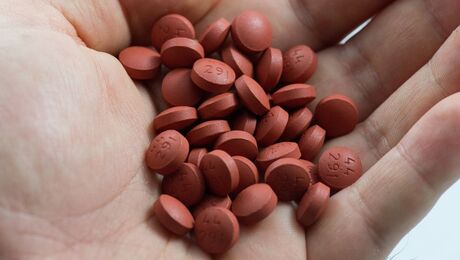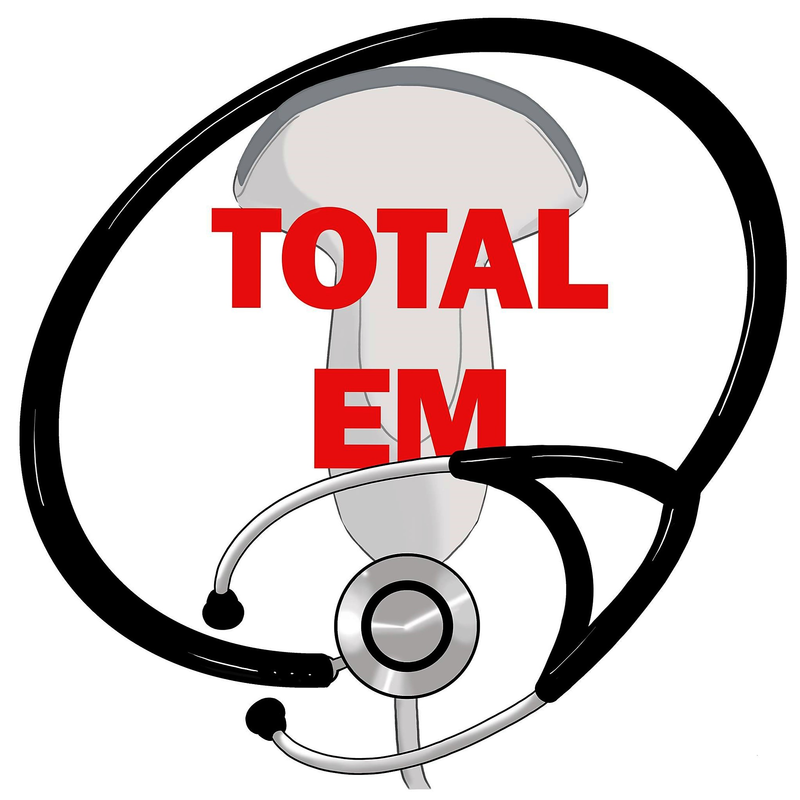|
We are in the middle of the COVID-19 pandemic, and there are still many unanswered questions. As mentioned in our previous post, we will not discuss in detail specific treatments yet as new data is constantly coming out and it is all very limited. However, one question that comes up frequently is the use of ibuprofen and if it is safe with COVID-19.
Is ibuprofen safe in the setting of COVID-19? The short answer is probably. However, there is a lot to this story and it is worth understanding how we got here.
It all started on March 11, 2020 when researchers at the University Hospital Basel in Switzerland and Aristotle University of Thessaloniki in Greece had a letter published in The Lancet which became misinterpreted by some media sources as a study. In one sentence, it mentioned that medications like ibuprofen can increase angiotensin-converting enzyme 2 (ACE2) receptors. The reason why this is of theoretical concern is that SARS-CoV-2 (the virus that causes the syndrome known as COVID-19) binds to their target cells through ACE2. If this is increased with ibuprofen (and other medications), this could facilitate infection and potentially make it worse. Even in the letter, they say this is a hypothesis. Three days later on March 14, 2020 the French Ministry of Health published a warning against using ibuprofen citing "serious adverse events" occurring in "possible or confirmed cases" which later that day became more widespread thanks to a tweet by the French Minister of Health, Olivier Véran. As a result, the media quickly spread this information across the world despite lack of strong evidence. It is hard to know what cases were indeed cited due to a variety of sources and misinformation. Even when it is assumed that these stories are indeed factual and correct, they are anecdote at best. By not being controlled to study for these issues specifically, any findings can be confounded by a number of variables which in turn could have led to the "serious adverse events" cited. Although initially organizations like the World Health Organization (WHO) supported the opinion to avoid ibuprofen, that since has changed. The WHO later published a tweet on March 18, 2020 saying that it no longer recommended against the use of ibuprofen. The Food and Drug Administration (FDA), National Health Service (NHS), and Dr. Anthony Fauci who is the director of the National Institute of Allergy and Infectious Diseases (NIAID) have all agreed that there is no scientific evidence to support the above hypothesis regarding ibuprofen and that it could be used for fever and pain relief. In the end, the damage has been done. It is hard to forget initial information which leads to it becoming facts even when it is not. This phenomenon is even worse at times of crisis such as with the current pandemic. There are other rumors constantly being spread with COVID-19 and it is up to us to help tamper the misinformation. Not doing so will lead to people being harmed. One such example is when two people in Arizona took chloroquine phosphate after hearing it could help treat COVID-19. While it was a type used to treat aquariums, the damage was still very well with the male dying and his wife requiring intensive care. Furthermore, there are potential secondary effects when people are afraid to treat their symptoms due to the above hypothesis. Take for example the child who is ill from another disease. The caregivers want to avoid ibuprofen because of what they saw on the media and are only want to use acetaminophen. In this scenario, they may not have it at home or ran out. Rather than risk going to get more or try ibuprofen, they then try to wait it out. Things get worse and they go to the emergency department which exposes them to more infections including COVID-19. While they may not have had it before coming in, they may end up leaving with the virus. This is even worse due to the real risk of cross-contamination secondary to healthcare workers having to reuse disposable personal protective equipment (PPE). Remember, we have to be skeptical with the information we receive including ones from trusted resources that do not cite their information. We should always be working on fact checking and confirming sources to avoid furthering the spread of misinformation. You can learn more by clicking on the link. Let us know what you think by giving us feedback here in the comments section or contacting us on Twitter or Facebook. Remember to look us up on Libsyn and on iTunes. If you have any questions you can also comment below, email at [email protected], or send a message from the page. We hope to talk to everyone again soon. Until then, continue to provide total care everywhere.
0 Comments
Leave a Reply. |
Libsyn and iTunesWe are now on Libsyn and iTunes for your listening pleasure! Archives
August 2022
Categories |
||||||


 RSS Feed
RSS Feed